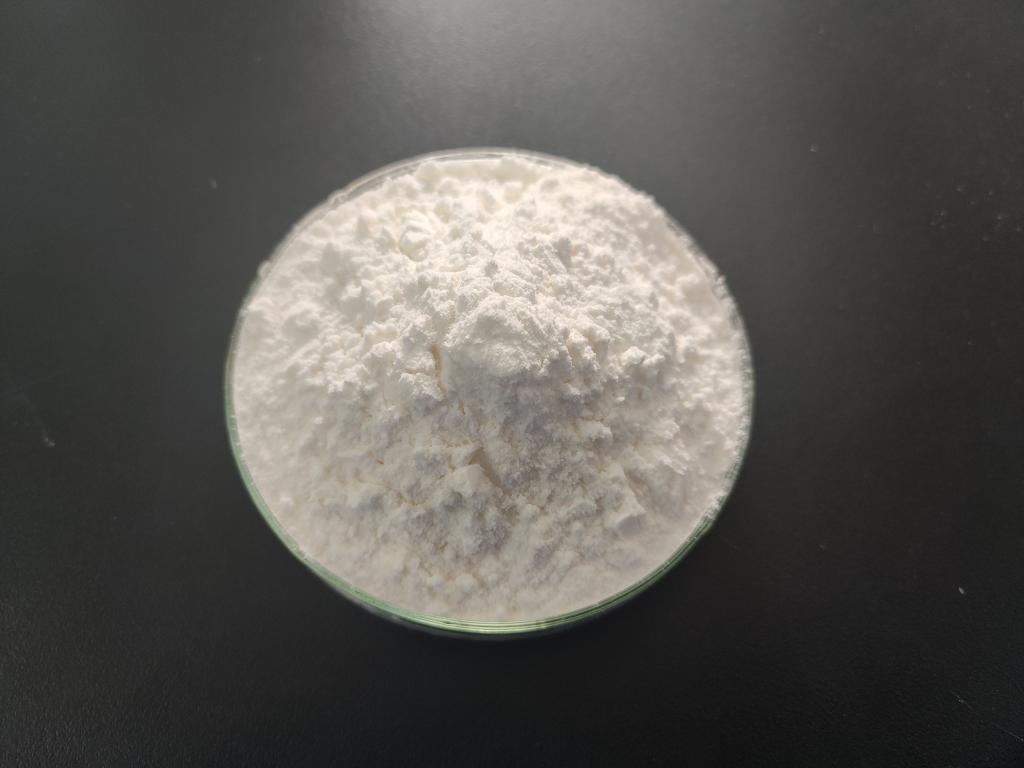Tel:+8618231198596

News
 CONTACT
CONTACT
 CONTACT
CONTACT
- Linkman:Linda Yao
- Tel: +8618231198596
- Email:linda.yao@dcpharma.cn
- Linkman:CHARLES.WANG
- Department:Overseas
- Tel: 0086 0311-85537378 0086 0311-85539701
News
Is ε-Polylysine hydrochloride suitable for use in vegan and vegetarian food products?
TIME:2023-03-16
First, it is important to understand what ε-Polylysine hydrochloride is and how it is produced. ε-Polylysine is a polymer of L-lysine, an amino acid commonly found in many foods, including meat, fish, and dairy products. It is produced by a fermentation process using bacteria of the genus Streptomyces. The resulting ε-Polylysine hydrochloride is a white powder that is soluble in water and has a slightly sweet taste.
Since ε-Polylysine hydrochloride is derived from bacteria and not from animals, it is considered to be vegan-friendly. However, some vegans may still object to its use in food products due to concerns about the use of genetically modified organisms (GMOs) in the production process. While the use of non-GMO bacteria strains is possible, it may be more expensive and less efficient than using GMO strains. Therefore, it is important for manufacturers to disclose information about the production process of ε-Polylysine hydrochloride to inform consumers.
In addition to being suitable for use in vegan food products, ε-Polylysine hydrochloride is also compatible with vegetarian diets. Vegetarians do not consume meat but may consume dairy products, eggs, and other animal-derived ingredients. Since ε-Polylysine hydrochloride is not derived from animals, it is also suitable for use in vegetarian food products.
One of the advantages of ε-Polylysine hydrochloride over other natural preservatives is its broad-spectrum antimicrobial activity. It is effective against a wide range of bacteria, yeasts, and molds, making it a versatile ingredient for food preservation. This is particularly important for vegan and vegetarian food products, which may have a higher risk of contamination due to the absence of traditional preservatives such as meat.
Another advantage of ε-Polylysine hydrochloride is its stability under a wide range of conditions. It is heat-stable and remains effective over a wide pH range, making it suitable for use in a variety of food products, including acidic foods such as fruit juices and sauces.
However, it is important to note that while ε-Polylysine hydrochloride is considered safe for consumption by regulatory agencies, some individuals may still have allergies or sensitivities to it. Therefore, it is important for manufacturers to properly label their products and inform consumers about the presence of ε-Polylysine hydrochloride in their food products.
In conclusion, ε-Polylysine hydrochloride is a natural preservative that is suitable for use in vegan and vegetarian food products. Its broad-spectrum antimicrobial activity and stability make it a versatile ingredient for food preservation. However, it is important for manufacturers to properly label their products and inform consumers about the production process of ε-Polylysine hydrochloride to ensure transparency and informed decision making.
- Tel:+8618231198596
- Whatsapp:18231198596
- Chat With Skype







